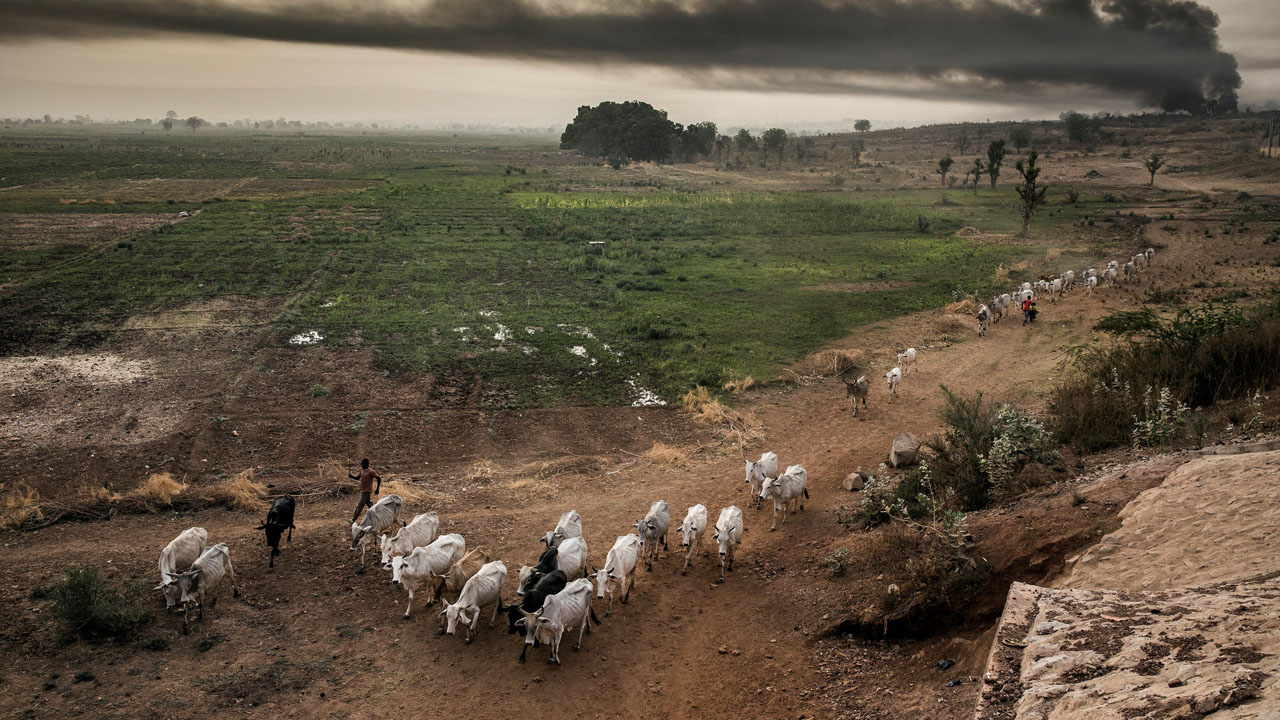The issue of Fulani herdsmen has dominated the media space in this country for the last five years, for obvious bad reasons. What started as herdsmen/farmers clash has since escalated to serious national security challenges in the form of banditry, kidnapping and cattle rustling.
The failure of the federal and the state governments to take decisive action to settle what was once an ordinary dispute, between farmers and herders, has assumed political dimension, with the alleged ‘quit notice’ to herders to leave certain states, having been identified, by the social and, to some extent, the mainstream media, as being the main culprits in the upsurge of kidnapping and rising criminality in the South West, and to some extent, the South East parts of the country.
- 10 things you probably did not know about the new EFCC boss
- How bandits are turning Kaduna communities to ghost towns
It is, however, gratifying to see Northern governors calling on the Nigerian Governors’ Forum to urgently discuss the eviction holistically; and refrain from making political statements that will further inflame passions.
The Northern governors acknowledge that the current system of herding being practiced, through open-grazing, is no longer sustainable, in view of population explosion, urbanisation, and above all, climate change, which has, so far, rendered up to 75 per cent of the herdsmen’s ancestral grazing lands barren.
Efforts made, in the last 10 years, to make governors in Northern states to see the dangers in abandoning a segment of the society, thereby forcing them to live bohemian lifestyles, without any efforts being made to improve their lots, went unheeded.
The Fulani herdsmen have for long been abandoned to their fate, in spite of the recurring disasters, like the rinderpest outbreak in 1976, the major drought in the Sahel in 1983, where millions of cows were lost, without compensation or even palliatives, as is being given to other victims of disasters.
To worsen their plights, the herdsmen no longer enjoy even simple amenities, like vaccinations, watering-points or similar support services, in the over 400 grazing reserves, which in principle, are designated for grazing.
Efforts put in the past to assist the states, by the federal government, to resuscitate the grazing reserves through a World Bank project for provision of earth dams, veterinary clinics and pasture development were left to rot, after the expiration of the project.
Statistics has shown that in the last 10 years, herders are the biggest victims of banditry, kidnapping and cattle rustling. In this period, over 10,000 herdsmen were killed, and over three million cows lost. Furthermore, thousands of pastoralists have been made destitute, as the result of climate changes and other disasters. To date, they are the only group that is yet to be assisted by the states and federal governments, despite their huge losses.
No wonder, therefore, pastoralist youths constitute a large proportion of the prison population in the North, either awaiting trial or of abandoned cases.
As part of the efforts of the federal government to revamp agriculture, the Central Bank of Nigeria (CBN) disbursed over N350 billion to promote grains production, but less than N100 million was disbursed for livestock improvement. Such outright and clear bias further pushes the pastoralist families to the fringe, making their children, who are unschooled and untutored in modern living, to gravitate towards crime, fueled by easy reach to drugs, arms and ammunition.
The pastoralist population, which is estimated to be more than 30 million, is the most resilient in surviving various hostile environments.
It is unbecoming when leaders do not ‘walk their talks’. It would have been fantastic if Kano State Governor Umar Ganduje, implemented his promised plan of settling herdsmen in Falgore Forest as he announced recently. As at now there has been little progress in the implementation of this laudable idea.
The Miyetti Allah Cattle Breeders Association (MACBAN) has, in the last six years, been advocating to the governors, to map out strategies to deal with the crisis affecting pastoralists. But luckily, they have now started to see wisdom in doing so.
However, MACBAN is proud of the roles being played by the governors of Kebbi, Alhaji Atiku Bagudu and his Jigawa State counterpart, Alhaji Mohammed Badaru Abubakar who, together with their counterparts in the South West and South East, are working tirelessly to douse the unnecessary hostility that is threatening the very foundations of the nation’s unity.
The failure of the federal government to have an inter-agency committee to synergise on how to deal with issues of banditry, cattle rustling, which has the potential of depriving a whole generation of pastoralists of their livelihood is, to say the least, very unfortunate.
Governments should remember that crime has since, very sadly, become a means of wealth accumulation, power acquisition and socio-economic empowerment among nomads and other ethnic communities, with the youths being the main culprits.
We also see failure of the states and the security agencies, in monitoring our borders in demanding for full ECOWAS Transhumance Certificates, for the Seasonal Migrating Herdsmen, who come in with all sorts of arms to rustle cattle, without challenge.
If, however, there is any hope for resolving the crisis of this centuries old tradition of freely moving with livestock across borders, it is through plans, such as those of the Zamfara State Governor, Dr. Bello Mohammed Matawalle, who has developed a well-articulated plan, which he has since started implementing.
Similarly, the Kaduna State Governor, Malam Nasir el-Rufai, has put forward what could be termed a ‘plan of the century’ to address the crisis. But whether he will achieve it in the next two years, or not, we wait to see.
The problem with the herdsmen in Nigeria is their continued stigmatisation as criminals, by the social, and to some extent, the mainstream media; all towards achieving political goals, come 2023.
Toro is the Acting spokesman of MACBAN

 Join Daily Trust WhatsApp Community For Quick Access To News and Happenings Around You.
Join Daily Trust WhatsApp Community For Quick Access To News and Happenings Around You.

